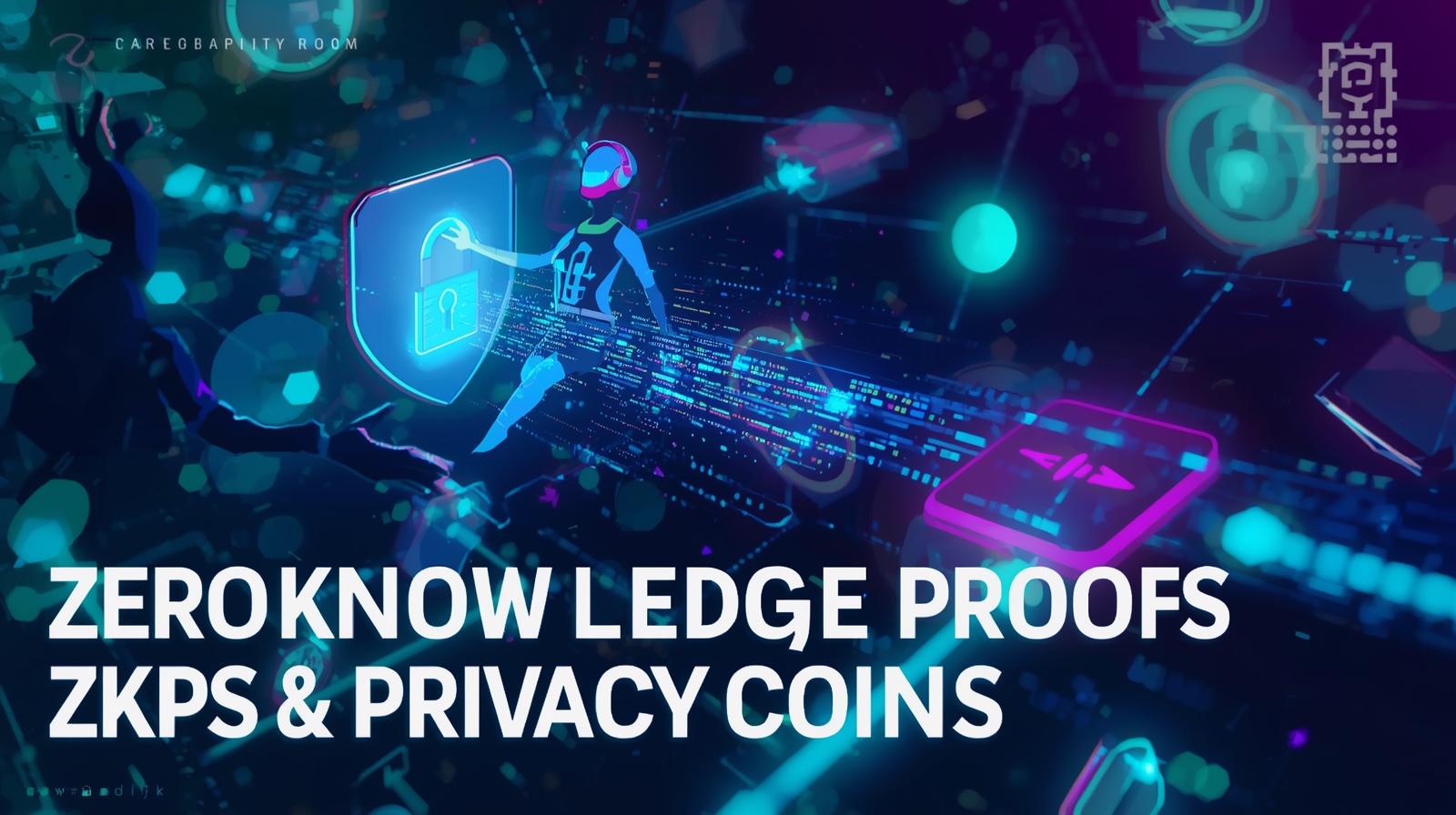The concept of identity is evolving rapidly in the digital age. In the era of Web3, identity is no longer just about usernames or social media profiles—it’s about digital ownership, privacy, and control over your personal data. Web3, built on blockchain technology, is reshaping how we manage and prove our identities online.
What is Web3 Identity?
Web3 identity refers to a self-sovereign digital identity where individuals have complete control over their personal information. Unlike traditional platforms, where your data is stored and controlled by centralized entities, Web3 enables you to manage your identity securely on decentralized networks.
Key Features of Web3 Identity:
- Self-sovereignty: You own and control your digital identity without relying on intermediaries.
- Portability: Your identity can be used across multiple platforms and services seamlessly.
- Privacy: Blockchain ensures your personal data is encrypted, reducing risks of hacks and data leaks.
- Verifiable credentials: Web3 allows users to prove their credentials (age, citizenship, skills) without revealing unnecessary personal information.
Digital Ownership in Web3
Digital ownership is at the heart of Web3 identity. In this ecosystem:
- NFTs as identity markers: Non-fungible tokens can represent unique digital assets, memberships, or achievements tied to your identity.
- Tokenized access: Ownership of tokens can grant access to exclusive content, services, or communities.
- Decentralized authentication: Instead of passwords, cryptographic keys and wallets serve as your identity verification, making identity theft more difficult.
Advantages of Web3 Identity
- Enhanced Security: Your data is stored on decentralized networks, reducing the risk of centralized hacks.
- Control and Consent: You decide who can access your personal information.
- Interoperability: Use your identity across multiple dApps and platforms without creating new accounts.
- Trust and Verification: Blockchain ensures transparency and verifiability for both users and organizations.
Challenges in Web3 Identity
While Web3 identity offers numerous advantages, it’s not without challenges:
- User responsibility: Losing private keys means losing access to your digital identity.
- Regulatory uncertainty: Governments are still developing policies around decentralized identity.
- Adoption barriers: Widespread use requires awareness and understanding of blockchain technology.
The Future of Digital Identity
The future of identity in Web3 promises a world where individuals truly own and control their digital presence. As technology evolves, we may see:
- Seamless integration of Web3 identities in social media, gaming, finance, and healthcare.
- Widespread adoption of verifiable credentials replacing traditional ID documents.
- New standards for privacy-preserving identity solutions on a global scale.
Web3 is not just transforming finance and art—it’s redefining who we are online and how we prove, protect, and use our identities. Digital ownership in this new era empowers individuals and creates a more secure, private, and transparent internet.



